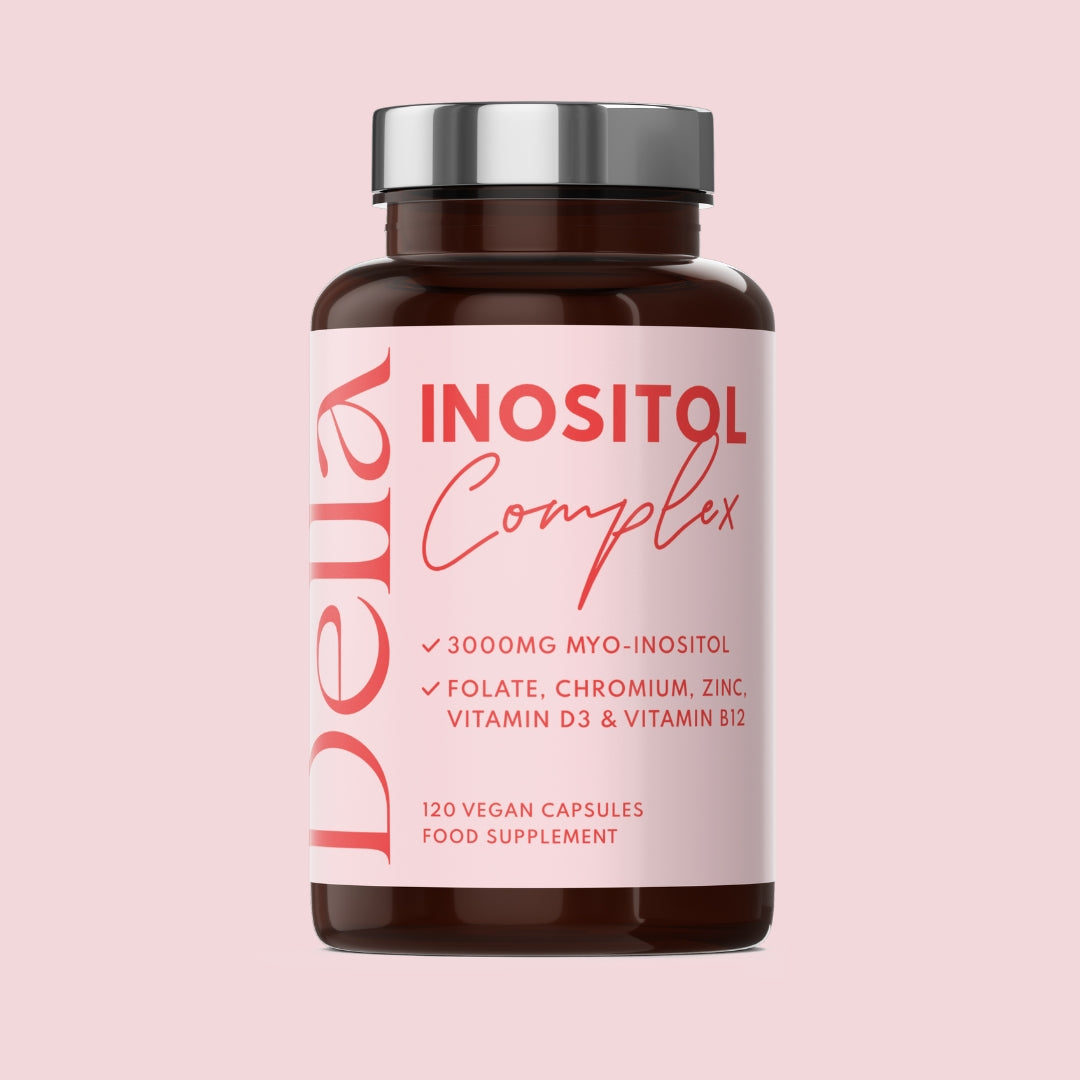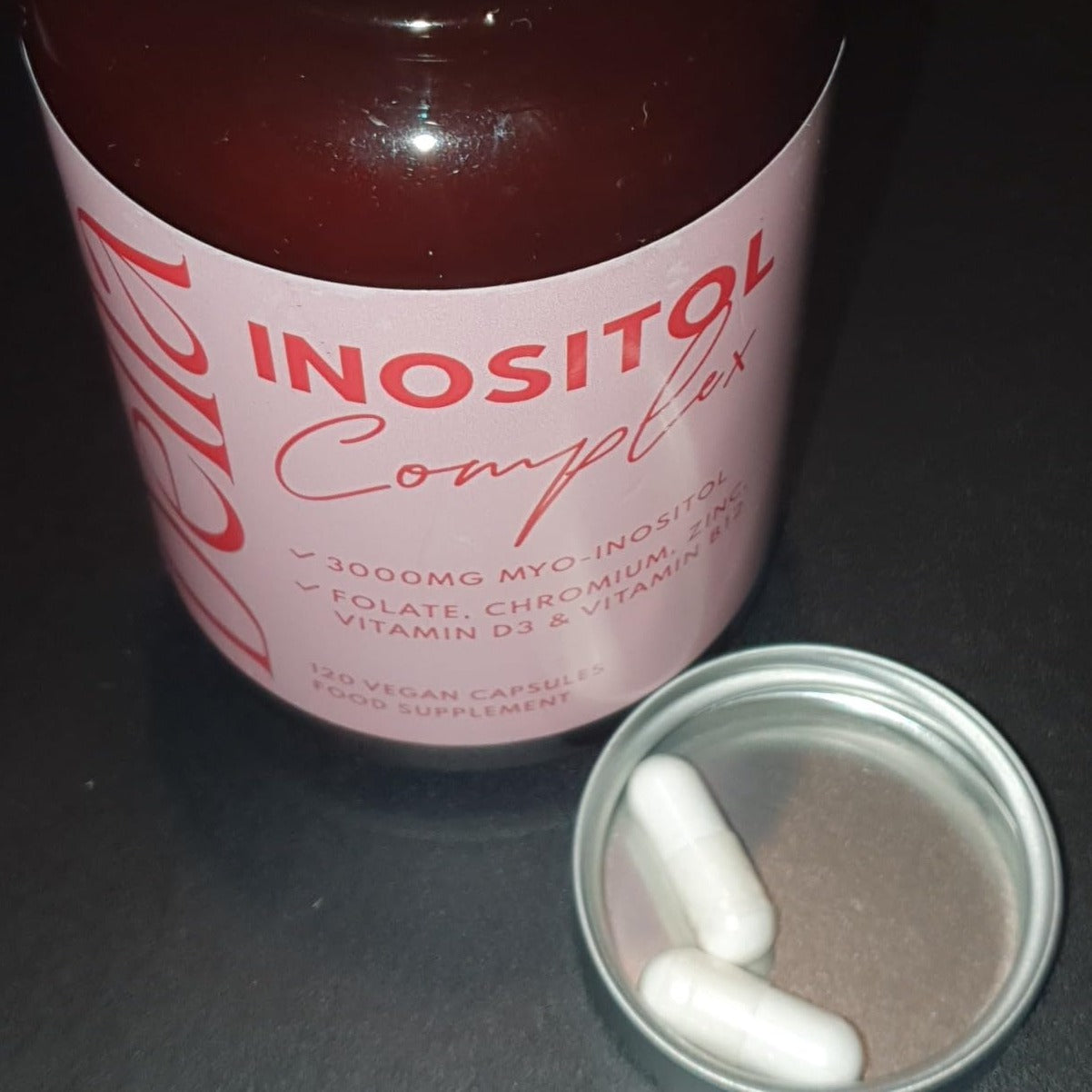Your hormones play a crucial role in every facet of your well-being. Your body relies on precise hormone levels for optimal functioning. When your hormones are out of balance, you can experience a vast range of symptoms and are more susceptible to various health conditions.
While factors like genetics, ageing and other external influences may impact your hormones, you still have the power to take several proactive measures to regulate and maintain your hormone levels effectively - such as being mindful of your diet.
With sugar and carbs hiding in so many of the foods we eat and drink daily, following a hormone balancing diet is sometimes easier said than done.
Fortunately, there are some simple ways to avoid foods that can cause hormonal imbalance and still eat both healthy and delicious meals.
The Mediterranean diet stands as a timeless, well-researched and rather simple approach to eating for well-being. Originating from the picturesque regions surrounding the Mediterranean Sea, this dietary pattern has earned acclaim for its potential to promote overall health.
But what about its impact on specific health concerns, like PCOS or other hormone imbalances? In this blog post, we will explore the Mediterranean diet, its core principles, and whether it can offer benefits for individuals interested in managing their hormones.

Understanding the Mediterranean Diet
Many of the people living in the Mediterranean - like Greece and Italy - follow a special diet that's not only scrumptious but also healthy. Here are the basics:
Loads of Fruits and Veggies: Mediterraneans love their colourful fruits and veggies. These provide a bounty of vitamins, minerals, and antioxidants, which are great for your body.
Whole Grains All the Way: Instead of refined grains, they opt for whole grains like brown rice and whole wheat bread. These grains are packed with fibre and essential nutrients.
Healthy Fats: Olive oil is their go-to for cooking – it's rich in heart-healthy monounsaturated fats. They also enjoy nuts, seeds, and fatty fish like salmon.
Lean Protein: Mediterranean diet enthusiasts savour poultry, fish and legumes. Protein is essential for building strong muscles.
Dairy in Moderation: While they do enjoy dairy products like yoghurt and cheese, they consume them in sensible amounts.
Spices and Herbs: Instead of overloading their dishes with salt, they use a variety of herbs and spices to enhance flavours.
Red Wine (in moderation): Some adults following this diet enjoy a glass of red wine with their meals, primarily for its potential heart-healthy benefits. However, moderation is key.
How the Mediterranean Diet May Help with Hormone Balance
Now that we know the basics of the Mediterranean diet, let's explore how it might contribute to hormone balance:
Weight Management: Maintaining a healthy weight is crucial for hormonal health. The Mediterranean diet, with its focus on wholesome foods and portion control, can assist in achieving and sustaining a healthy weight, which is vital for hormone regulation.
Nutrient Richness: This diet is packed with a wide range of essential nutrients, which can support hormonal health as these nutrients are involved in various hormonal processes.
Anti-Inflammatory Benefits: Chronic inflammation can disrupt hormone balance. The Mediterranean diet, rich in anti-inflammatory foods like fatty fish and olive oil, may help reduce inflammation, potentially improving hormonal function.
Balanced Macronutrients: By offering a balanced mix of carbohydrates, fats, and proteins, the Mediterranean diet can help stabilise blood sugar levels. Fluctuations in blood sugar can affect hormones like insulin and cortisol.
Omega-3 Fatty Acids: Fatty fish, a staple in this diet, is a source of omega-3 fatty acids. These healthy fats play a role in regulating hormones and may be particularly beneficial for individuals dealing with hormonal issues.
While the Mediterranean diet isn't a direct solution for hormone imbalance, its holistic approach to nutrition and emphasis on whole, nutrient-rich foods can contribute to overall health and potentially support hormonal balance. Remember, individual responses to diet can vary, so it's important to consult with a healthcare professional if you have specific concerns about your hormones. Embracing the Mediterranean diet as part of a balanced and healthy lifestyle may offer numerous benefits, including the potential for improved hormone balance.
FAQs.
What is the Mediterranean diet, and why is it popular?
The Mediterranean diet is a dietary pattern originating from Mediterranean regions like Greece and Italy. It's popular because it's associated with overall health benefits, including a reduced risk of chronic diseases.
How do people following the Mediterranean diet structure their meals?
People on the Mediterranean diet focus on fruits, vegetables, whole grains, healthy fats (especially olive oil), lean protein sources like fish and legumes, and use spices and herbs for flavour. They also enjoy red wine in moderation.
Why is the Mediterranean diet considered healthy?
The Mediterranean diet is considered healthy because it's rich in essential nutrients, promotes heart health, and is associated with lower rates of chronic diseases like heart disease and diabetes.
How can the Mediterranean diet contribute to hormone balance?
The Mediterranean diet can contribute to hormone balance by promoting weight management, providing essential nutrients, reducing inflammation, stabilising blood sugar levels, and offering omega-3 fatty acids that support hormonal regulation.
Is weight management important for hormone balance?
Yes, maintaining a healthy weight is crucial for hormone balance because excess body fat can disrupt hormonal function.
What role do anti-inflammatory foods in the Mediterranean diet play in hormone balance?
Anti-inflammatory foods in the Mediterranean diet, such as fatty fish and olive oil, can help reduce chronic inflammation, which may contribute to improved hormonal function.
Can the Mediterranean diet help individuals with specific hormone-related conditions like PCOS (Polycystic Ovary Syndrome)?
While the Mediterranean diet may provide benefits for individuals with hormone-related conditions, it is not a direct cure. It can be part of a holistic approach to managing these conditions.
Is it necessary to consume red wine as part of the Mediterranean diet for hormonal benefits?
No, it's not necessary to consume red wine for hormonal benefits. Some adults on the Mediterranean diet may enjoy red wine in moderation for its potential heart-healthy benefits, but it's not a requirement.
Is the Mediterranean diet suitable for everyone to support hormone balance?
The Mediterranean diet is generally considered a healthy dietary pattern suitable for most people. However, individual responses to diet can vary, so it's essential to consult with a healthcare professional if you have specific concerns about your hormones.
What are some other lifestyle factors that can complement the Mediterranean diet for hormone balance?
In addition to the Mediterranean diet, factors like regular physical activity, stress management, and adequate sleep can also contribute to hormone balance and overall well-being. It's important to adopt a holistic approach to health.










